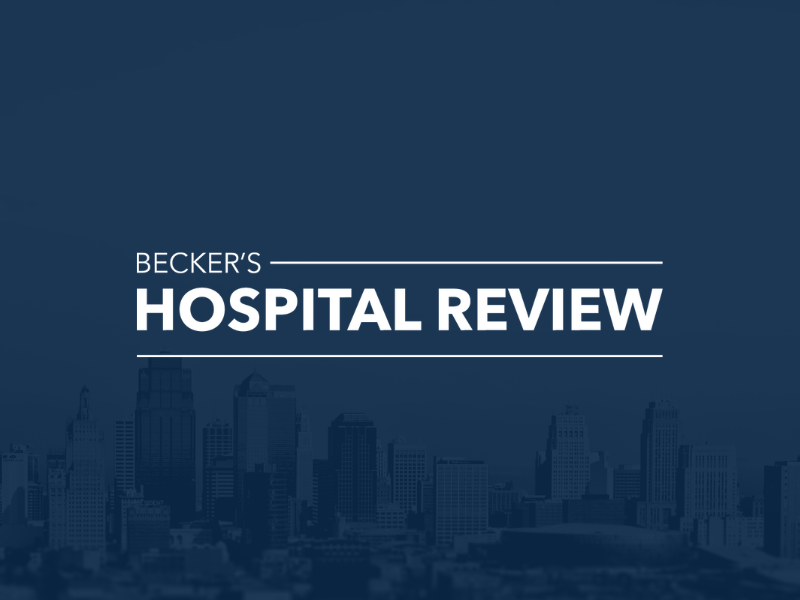Many hospitals have limited liquid assets and may not be capable of absorbing large financial shocks while also mobilizing sufficient resources to respond to the pandemic (eTable 1 in the
Supplement). Based on data from 2018, across US hospitals, the median operating margin (defined as the difference between revenue and operating expenses, divided by revenue) was 2.0% and median asset-to-liability ratio (a measure of a hospital’s ability to pay its short-term debt obligations) was 2.1 (a ratio greater than 1 indicates that a hospital has the assets needed to cover its liabilities). The median hospital had 53.4 days cash on hand (defined as the number of days a hospital can continue to pay its operating expenses) and 49.2 days in net accounts receivable (defined as how long payment is outstanding before it is collected). Many hospitals were in a considerably worse financial position: those in the 25th percentile, for example, had −4.4% operating margins and only 7.6 days cash on hand. Some hospitals do have substantial endowments, particularly teaching hospitals associated with major academic medical centers, but most do not and many of those funds are restricted.

